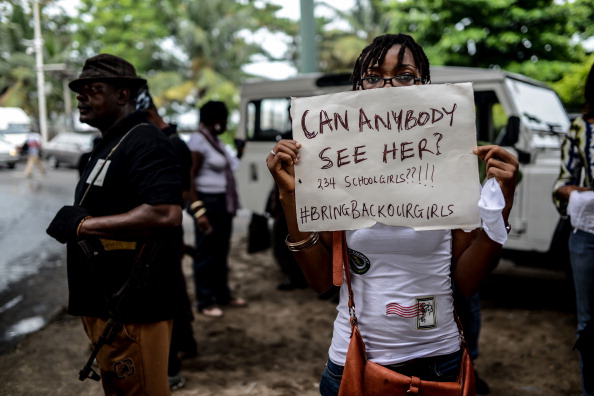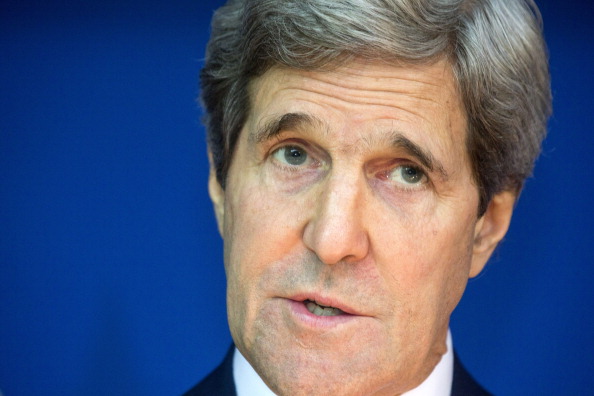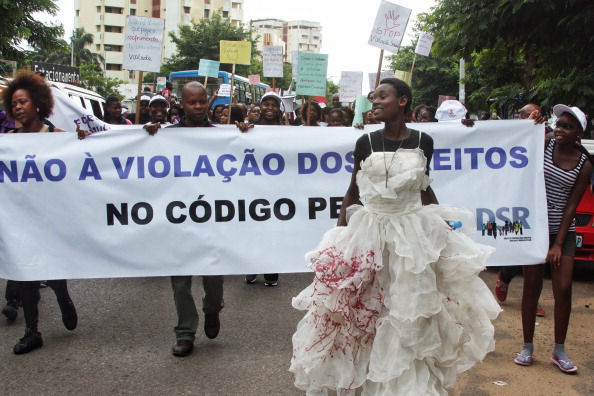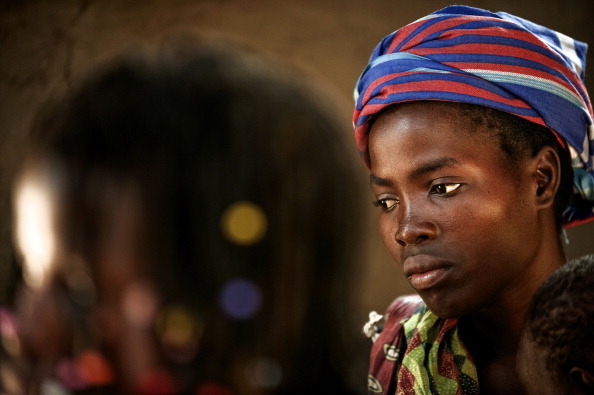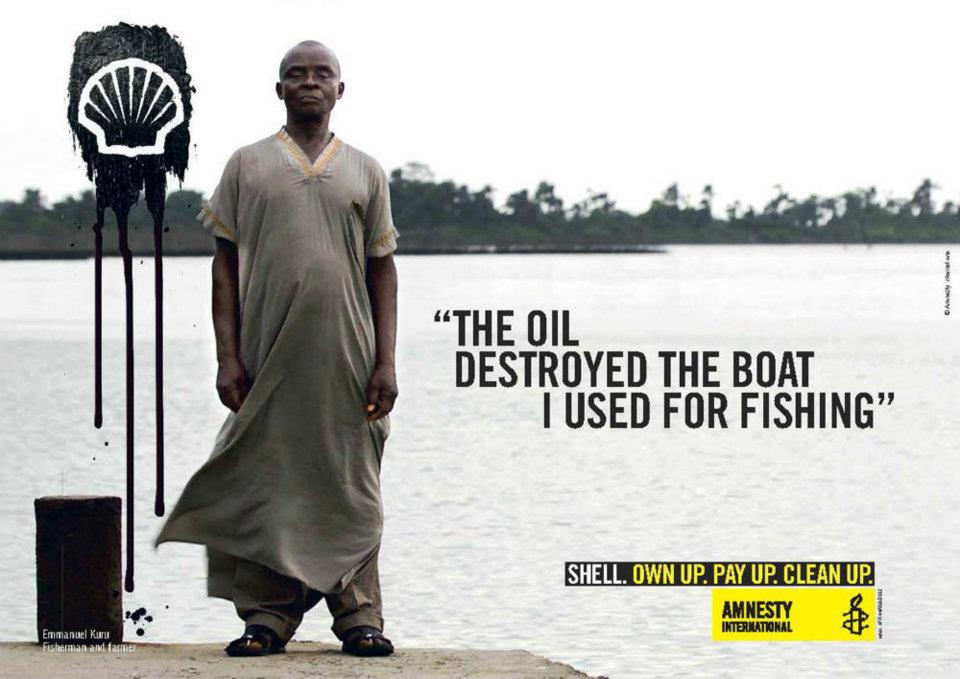
By Joe Westby, Amnesty International Corporate Campaigner and Onyekachi Okoro, Media for Justice Program, Center for Environment, Human Rights and Development (CEHRD)
“People are dying silently. The oil companies bring sickness to our communities,” a man from a polluted community in Nigeria’s Bayelsa state told us.
But when it comes to oil spills in the Niger Delta, it’s not what you’ve suffered or what you know; it’s what you can prove.
This simple fact has hampered communities from obtaining justice, even when their lives have been turned upside down by pollution. Because the oil companies have significant control over determining vital data about oil spills, the affected communities lack reliable and impartial information, meaning they can’t effectively tell their side of the story.
SEE THE REST OF THIS POST

